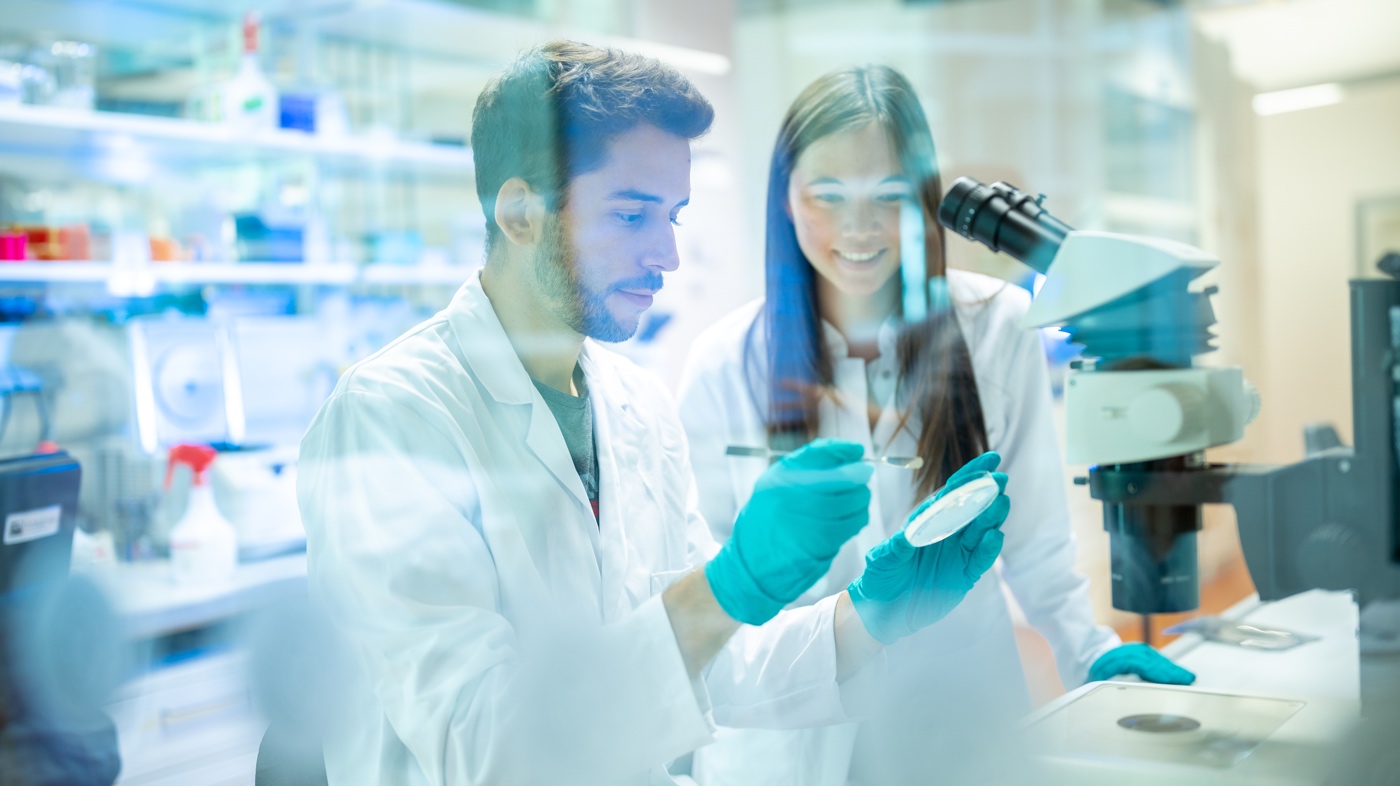Cologne Graduate School of Ageing Research (CGA)
Über den Arbeitgeber
Principal investigators of the Cologne Graduate School of Ageing Research (CGA) are internationally renowned scientists of the University of Cologne Excellence Cluster on Stress Responses in Aging-Associated Diseases (CECAD), the University Hospital Cologne, the Max Planck Institute for Biology of Ageing and the Max Planck Institute for Metabolism Research.

CGA research groups enjoy an outstanding reputation in the cutting-edge research field of ageing and age-related diseases. Close links between the research groups foster interdisciplinary collaboration and promote the development of novel research approaches. The laboratories use diverse model systems to delve into basic mechanistic questions and translate these questions into new, clinical applications in order to facilitate a healthy life. State-of-the-art core facilities provide on-campus platforms for performing genomics, proteomics, lipidomics, metabolomics, imaging, cell sorting, bioinformatics, CRISPR screening and phenotyping.
AN INTERDISCIPLINARY APPROACH ONE GRADUATE PROGRAMME
Understanding how and why we age are fundamental biological questions with great medical and societal impact. To address these questions, we aim to train a new generation of biomedical scientists to unravel the basic molecular mechanisms underlying ageing and age-related diseases. This requires an interdisciplinary approach that integrates the fields of genetics, cell and molecular biology, biochemistry, biophysics, bioinformatics, cancer biology, immunology, medical biology, microbiology, metabolism, neurosciences, physiology, stem cell biology and biomedical research.

We offer young scientists of exceptional talent a structured PhD training in biomedical disciplines within a highly international research environment. Our annual call for applications usually opens in mid-August and closes in November.. Up to 25 candidates are invited to an on-site recruitment week at the beginning of each year, where they can network with current graduate students, interact with principal investigators during a faculty poster session and visit up to 5 laboratories of their interest. After the admission to our programme, start of the PhD projects is possible each year from July until October. PhD students receive work contracts for the duration of the programme. Payment is based on the German TV-L E13 scale, 65% if terms and conditions under collective bargaining law are fulfilled or on an equivalently remunerated PhD support contract of the Max Planck Society. The approximate net income per month is €1,990. The Cologne Graduate School of Ageing Research strives to foster scientific independence by immersing students in high quality research, encouraging critical thinking skills and lively exchange with other scientists. All communication and courses are conducted in English. Upon completion of the PhD, the doctoral degree is awarded by the University of Cologne.
Students holding a BSc degree in a relevant field that are eager to start their Master studies at the University of Cologne in Biological Science or Biochemistry and have a fundamental interest in ageing research are encouraged to apply to our Master fellowship programme. CGA Master fellows are supported with a fellowship of €934/month and are affiliated to a mentor of our faculty. They can actively engage in scientific and social activities of the mentor’s group and have regular advisory meetings with their mentor. This way our Master fellows have the unique chance to identify the research field they are most passionate about for their PhD studies already at an early stage.
For more information, check out our CGA stories or contact us!